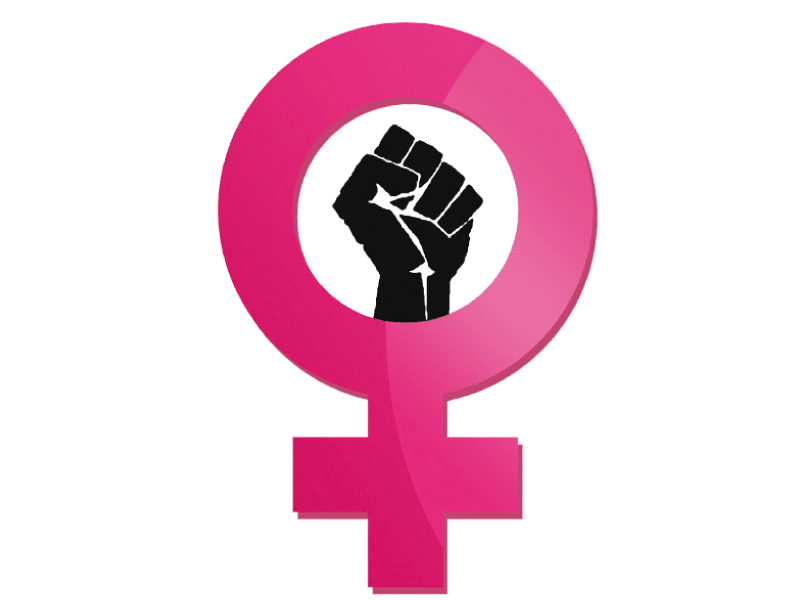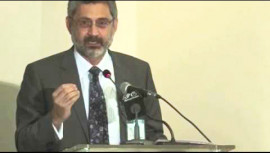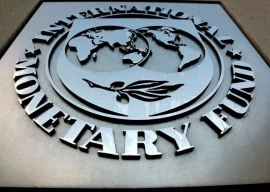
ISLAMABAD:
While candidates for next month’s mayoral elections in Balochistan come from across the political spectrum, they have one thing in common: they are all men.
More than 11,000 councillors, including women, will elect the city mayors and chairmen of local governments in June, and leaders of the two ruling parties in the province, the Pashtoonkhwa Milli Awami Party (PkMAP) and National Party (NP) have ruled out any possibility of putting forward a female mayoral candidate.
“We have not considered any proposal to nominate our female councillors to be inducted as mayor or chairman of any district,” said Jan Buledi, spokesperson for the provincial government and leader of the NP. “I don’t think women who are elected through indirect vote should have any desire to be elected district head of the local government,” Buledi said.
One of the two female MPAs from the NP, Yasmin Lehri, points out, “Our indirect election to the provincial assembly is a cross for us as we are always told by party leaders that we cannot claim equal status with those directly elected.”
PkMAP Central Secretary General Akram Shah did not mince his words on the subject: “In the presence of these competent candidates, we cannot elect any female.”
The PkMAP and NP clinched more than half of the seats in the local bodies polls in December 2013.“PkMAP and NP will play a decisive role in the mayoral elections,” said a senior official of the Balochistan Election Commission. “NP councillors will rule in local governments in the Baloch belt of the province while PkMAP councillors will control local governments in the Pashtun belt,” he predicts.
Female councillors and MPAs
There are more than 11,000 councillors in the province. Over 6,804 were elected in December 2013 through direct polls. This month, indirect polls will be held for 4,561 reserved seats. Of this, 1,505 seats are reserved for women. There are 12 women out of a total of 65 MPAs in the provincial assembly. Eleven or so are elected to reserved seats, while one is elected through direct vote. However, there is not a single female minister or adviser in the provincial cabinet. A male MPA, the PML-N’s Izhar Khoso, serves as director of the provincial Department of Women Development.
Cabinet positions
The discrimination against female councillors is not new. The four leading coalition parties here – the PML-N, PML-Q, PkMAP and NP – have not allocated a single cabinet office to any female members of the provincial assembly elected during the general elections.
The PkMAP’s Shah, whose party is represented by three female MPAs in the assembly, argued that constitutional provisions curb the election of any of these three women to a ministerial or advisory position.
“After the 18th Amendment, we are not allowed to have more than 15 ministers and advisers in the cabinet,” he says; there simply isn’t room, it appears, for a woman’s voice to be included in the cabinet.
Meanwhile, NP’s Buledi rationalised his party’s attitude towards female legislators thus: “The female MPAs are not entitled to be nominated for a cabinet office or mayoral status as they are elected MPA or councillor through indirect elections to reserved seats.”
In name only
Each MPA is entitled to Rs280 million in order to initiate development schemes in their constituency. However, PML-Q MPA Dr Ruquiya Hashmi alleges that the JUI-F and PkMAP have denied these funds to female MPAs. “Women’s empowerment in Balochistan is merely a dream,” she says. “I have been asking the PkMAP and NP to appoint at least one of their female MPAs to the provincial cabinet but to no avail,” she says.
Dr Hashmi points out that the PkMAP and PML-N have three female MPAs each, while the NP has two. None of these parties accommodated any of these women in the cabinet. “When they were on the opposition benches, leaders of the PkMAP and NP made tall claims about their fight for women’s rights,” she says.
Political proxies
Meharunisa Aurangzeb, a former central vice-president of the Awami National Party (ANP) from Balochistan, says that political leaders forcibly prevent female family members from participating at political gatherings, as they consider this a ‘disgrace’.
“Almost all the women parliamentarians are spouses, daughters, sisters or close relatives of the male party leaders,” she says, claiming these women serve as political proxies.
“These female relatives are a source of funds for their male family members as they receive billions of rupees in development schemes,” she says. “One can find many women in the provincial assembly, but almost all of them are puppets, not political workers.”
Dissent
“Our party has disappointed women greatly due to its discriminatory policies,” said a senior NP leader, speaking on the condition of anonymity, “We should have demonstrated a flexible attitude towards women.”
Meanwhile, the JUI-F is vocal in its opinion on the matter of female councillors. Its spokesperson Jan Achakzai says it’s unfair to treat women as second-grade citizens. “Had the JUI-F been in a position, it would have nominated at least one female councillor for the position,” he said.
Published in The Express Tribune, May 9th, 2014.






















1712071304-0/image-(14)1712071304-0-270x192.webp)


















COMMENTS
Comments are moderated and generally will be posted if they are on-topic and not abusive.
For more information, please see our Comments FAQ